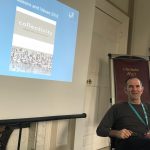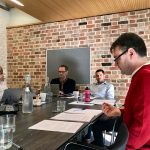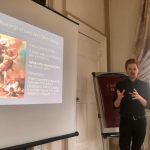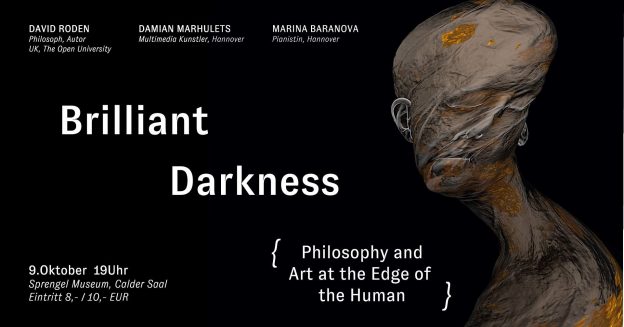Philosopher Jonathan Phelan will be a guest speaker on Wednesday October 3rd 2018, at 2pm-4pm in Room 006 of Gardiner Building 1. Everyone interested is very welcome to attend.
Title: ‘A. I. Richards’: can artificial intelligence appreciate poetry?
Abstract: Artificial intelligence (artificial eloquence) ‘writes’ poetry but can A. I. critically appreciate poetry? This talk looks at the prospect of ‘artificial interpretation’. By ‘interpretation’ I have close reading in mind, which, in broad terms, can be divided into four stages: first reading, close analysis, the forming of an overall interpretation of a work and a final evaluative judgement. I shall argue, along with Lamarque, that emotional responses to poetry are not integral to literary critical interpretation and so not crucial in any debate about artificial interpretation. On the positive side, A.I. can detect patterns such as rhyme schemes and repeated words, as well as make illuminating links to etymology, allusion and historical context. Artificial interpretation may also be able to register self-reference, guess at neologisms and identify absent detail through comparison with similar poems. The problem is that A. I. has no way of detecting what matters in a poetic work i.e. a sense of significance is lacking. I offer this by way of an answer to the question ‘Can A. I. appreciate poetry’ and by way of a challenge.
Please contact Sheree Barbateau for information if intending to come (e.g. in case of an unexpected change to schedule).









